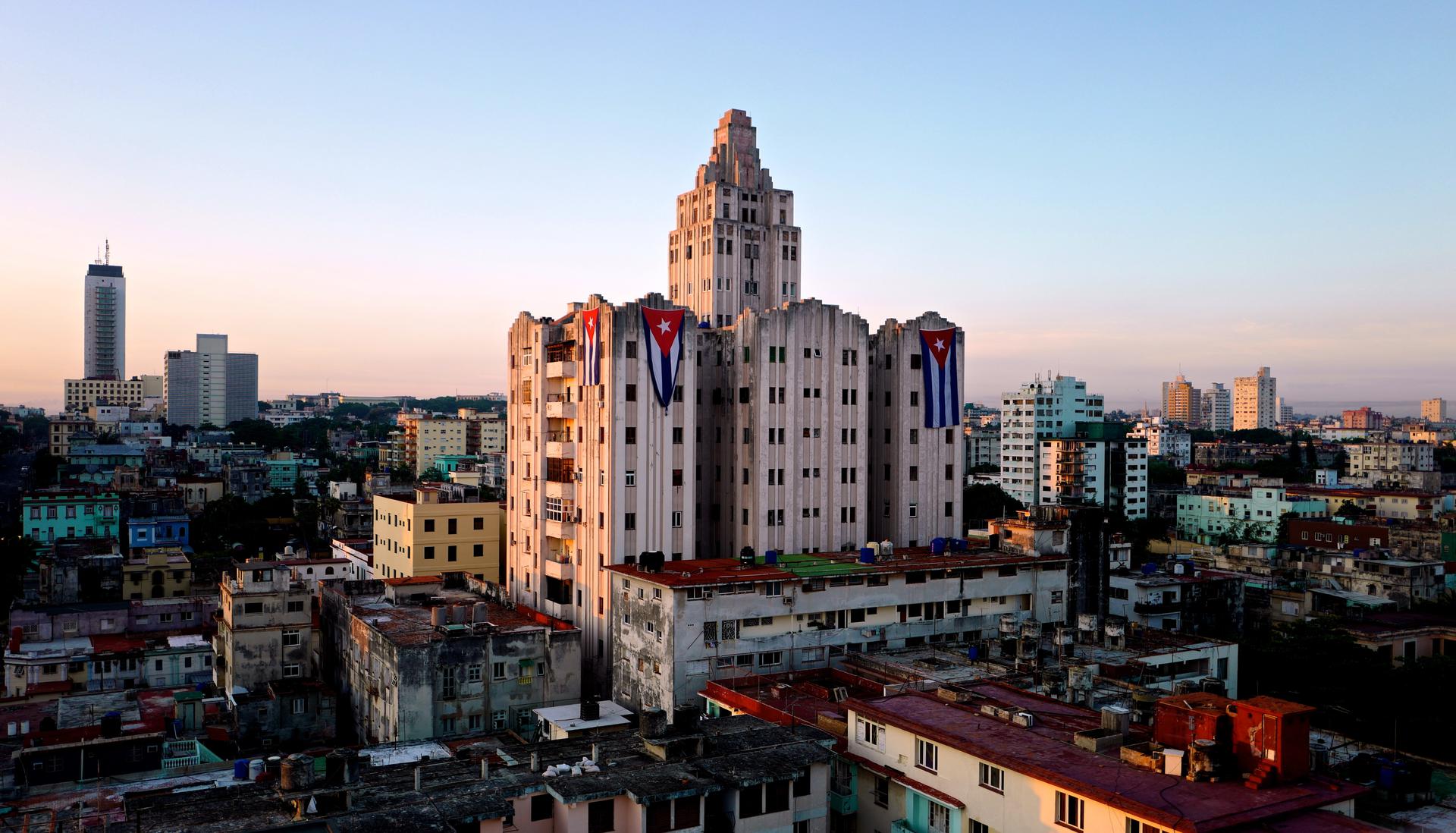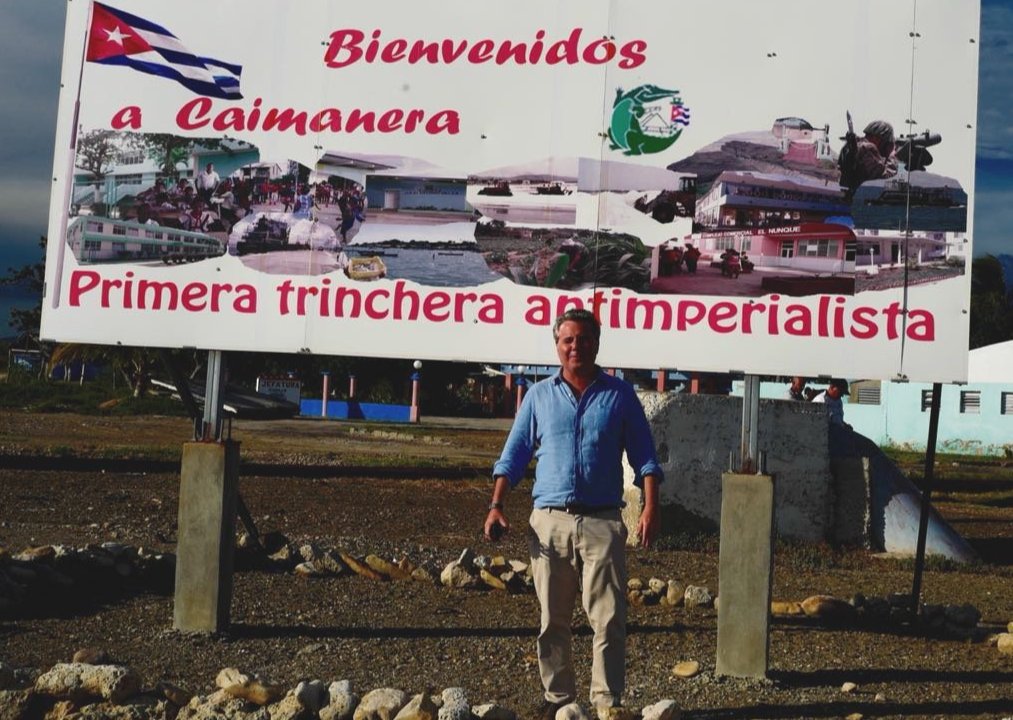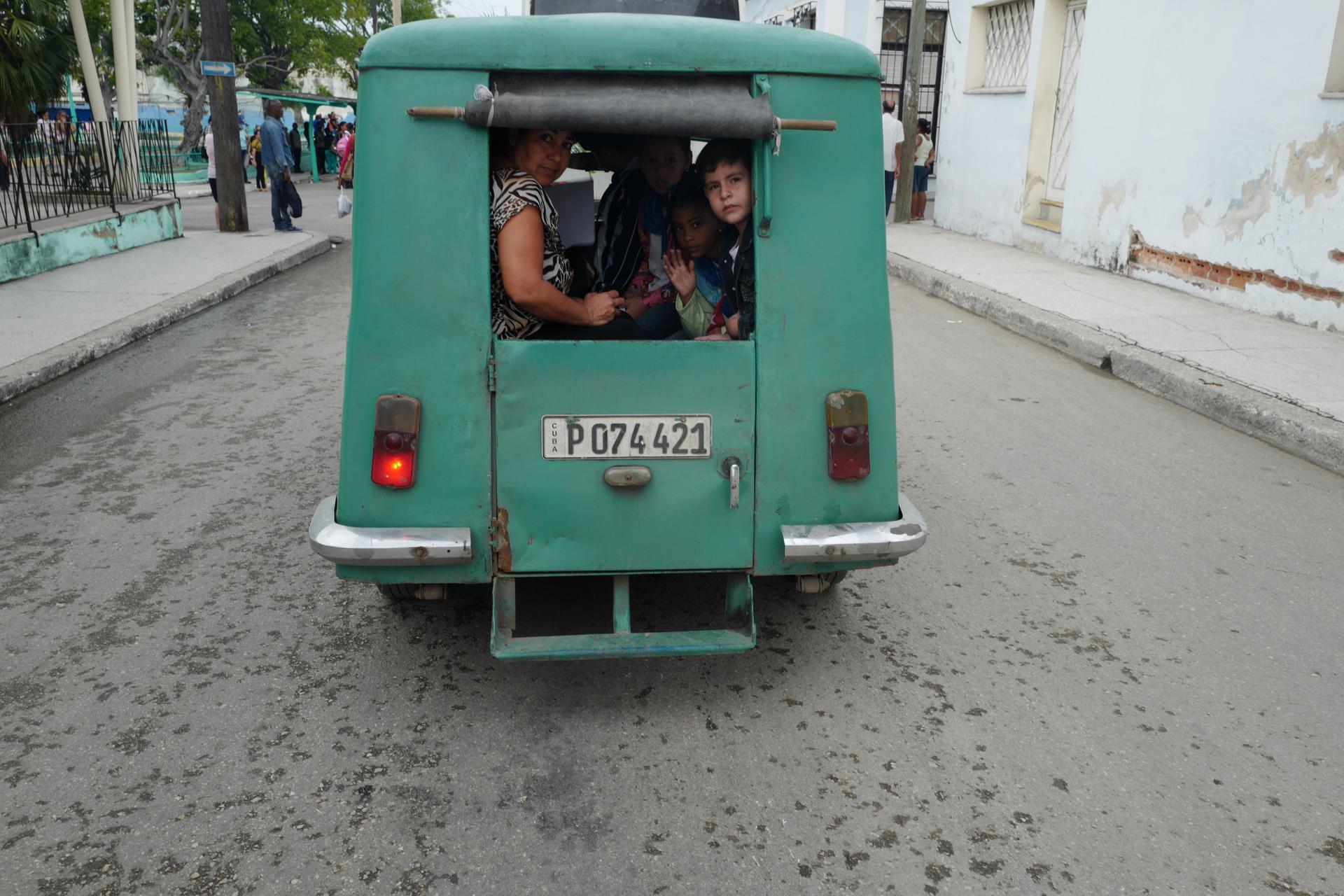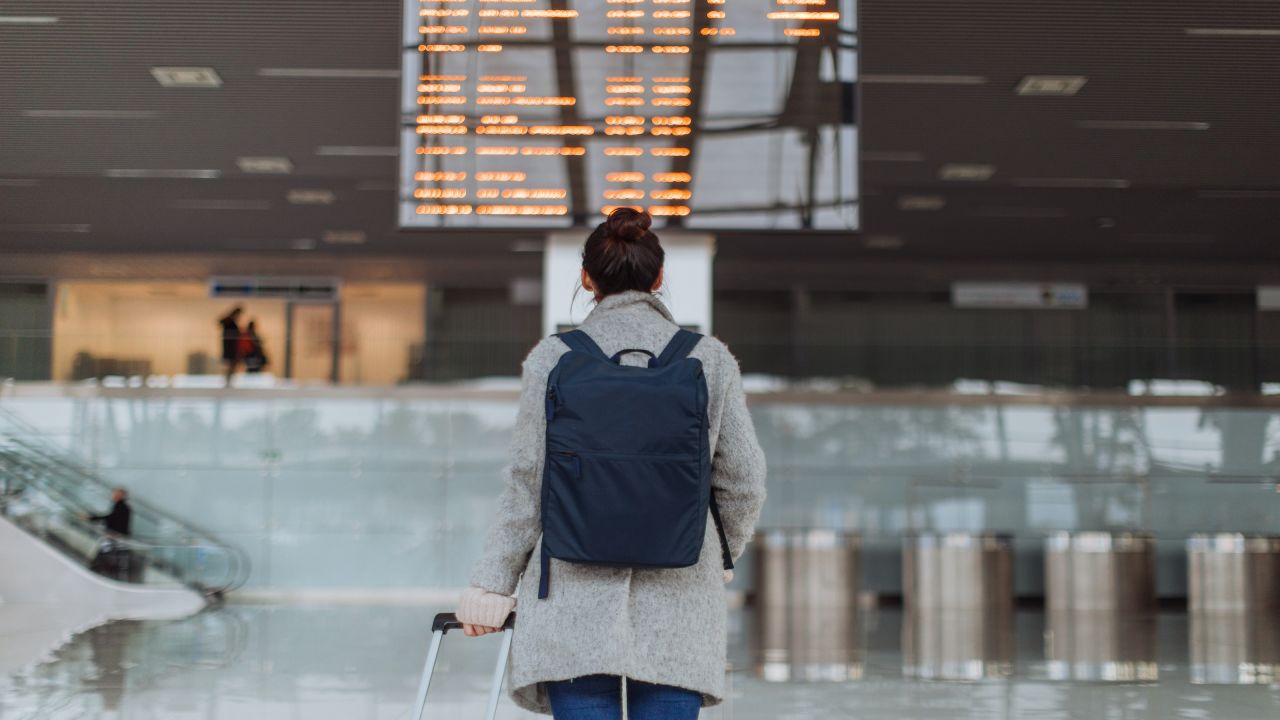4 questions for CNN's Havana correspondent
 An exclusive inside look with your free CNN account 🇨🇺 4 questions for CNN's Havana correspondent Oppmann near the US Navy base at Guantanamo in front of a Cuban government sign that reads, "Welcome to Caimanera, the first anti-imperialist trench." Patrick Oppmann has reported under one of the most secretive regimes on the planet for nearly a decade. CNN is the only American television network with a bureau in Communist Cuba.
As Oppmann got ready to move from Seattle to Havana in 2012, he recalled his boss giving him this advice: "'Don't bring a lot of stuff because Fidel (Castro) could die any day.'"
That's because some thought CNN Havana was just a "death watch bureau" set up to cover the possibility that Communist Cuba might open up after the passing of its aging Communist leader.
In July, the largest anti-government protests since the 1959 revolution rocked the island and led to widespread arrests. And in November, Cuban activists reported being trapped in their homes as the government clamped down on plans for opposition protests.
Like never before, the Cuban government is under pressure to adapt or join other Communist regimes that crumbled in the face of rising dissent.
We caught up with Oppmann at his Havana home to talk about what life is like there. The following is an edited version of our conversation:  Fishermen near Havana try their luck with handlines. (Photo credit/Patrick Oppmann) Q: First of all, what's it like living in Cuba?
A Cuban boy waves from a 1950s-era car, a common sight in Havana. (Photo credit/Patrick Oppmann) Q: You live in Havana with your wife and four young children – what's it like raising a family in Cuba? How is their childhood different from yours growing up in America?
Oppmann: For my kids, it's been a great place to grow up – they play outside all the time, they love the beach, which was closed during most of the pandemic because of Covid. They are totally bilingual and they aren't attached to gadgets as they might be if they were growing up in the US.
Since Cuba has a lot of food shortages, they appreciate the small things even more. They love apples – and then they disappear!  Cuban flags hang from a building in Havana after the US Embassy reopened in 2015. (Photo credit/Patrick Oppmann) Q: Do Cuban citizens have access to the internet? Can they see CNN there?
Oppmann: Relatively few people have internet in their homes, but they have access on their phones. The government started slowly opening up the internet, but has been very cautious about it. And there's no cable or satellite TV allowed here.
If you want a landline (telephone) it can take years, but you can get a SIM card with 4G in just a day. You just go to the store and then, boom, you can get online. People joke they'd rather skip a meal than not get data – and I'm sure that happens.
Before, it was nice -- no one was looking at their phone in Havana -- but now it's everywhere.
You have access to Twitter, Facebook, Instagram – and I wonder sometimes if the government regrets it. The year Cuba opened up wireless data, some analysts said it was the largest leap in people getting online anywhere in the world. People here now have a better idea of what life is like outside Cuba – and that's created a lot of resentment toward the government.
Now that they're connected and they can see how people live around the world, people want the opportunities that others have. Cubans are very educated and they don't know why they have to work and only make $50 a month or why they can't own their own farm. They want the same opportunities that people have in other countries.
Q: Do you ever consider moving back to the US?
💳 CNN insider rec of the week Brought to you by CNN Underscored Whether you're heading to the airport or a camping site, backpacks allow you to safely carry your belongings all while being hands-free. If you're looking to take a backpack with you on your next trip, here are 22 of our favorites.
🗓️ mark your calendars 🔎 Discover: CNN's Space and Science team has the latest on a new study looking into how horses have evolved. Researchers found that horses from the Middle Ages were the size of ponies -- much smaller than those of today. Get the latest on this and other fascinating scientific advancements in CNN's Wonder Theory newsletter.
🗣️ Get involved: Monday is a federal holiday honoring Martin Luther King Jr. CNN's Impact Your World team has five ways you can honor the late civil rights leader, both virtually and in person. Sign up for CNN's Race Deconstructed newsletter to get insight into how race shapes American culture, politics and more.
✍️ talk to us Who would you like to see spotlighted next? Send your thoughts to insidecnn@cnn.com. We look forward to hearing from you.
- Written and edited by Beryl Adcock, Tricia Escobedo, Melissa Mahtani and Jessica Sooknanan INSIDE CNN An exclusive inside look with your free CNN account You're receiving this newsletter because you created a free account with CNN.
No longer want to receive this newsletter? Unsubscribe. Interested in more? See all of our newsletters.
Create CNN Account | Listen to CNN Audio | Download the CNN App
® © 2022 Cable News Network, Inc. A WarnerMedia Company. All Rights Reserved. One CNN Center Atlanta, GA 30303
|





